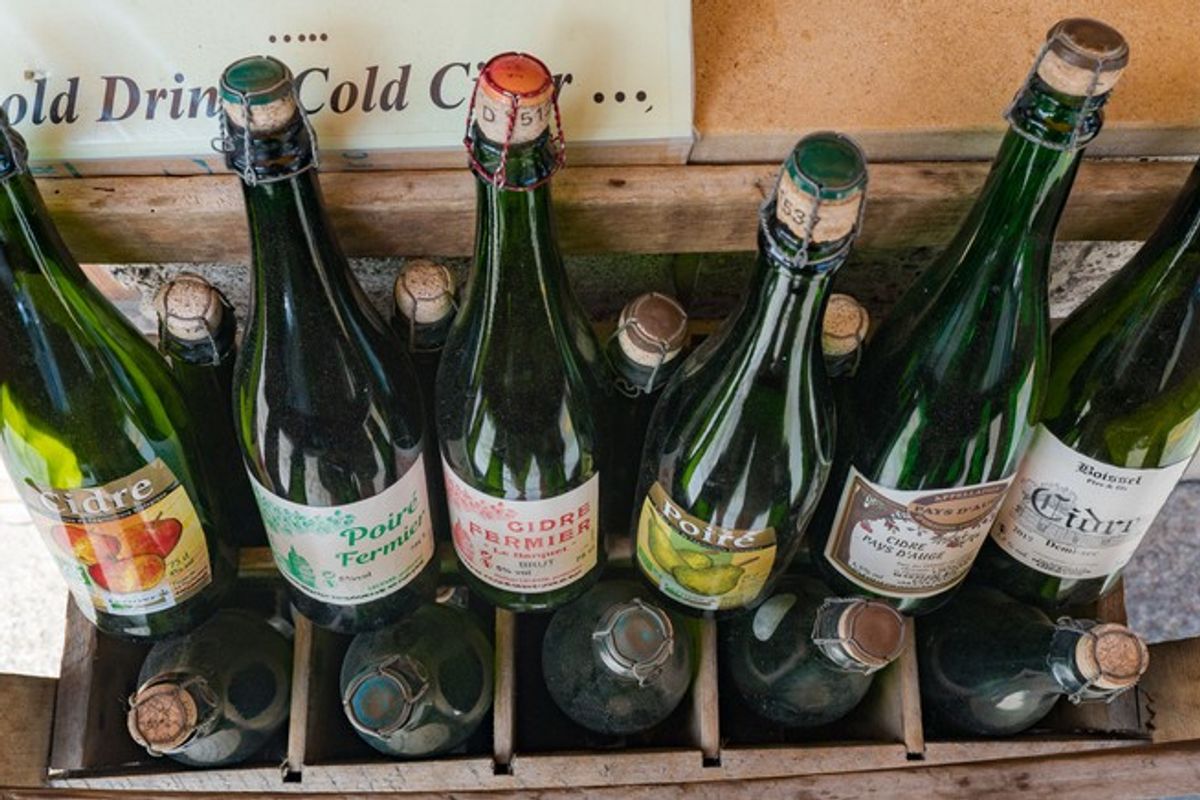Supermarkets are being accused by health campaigners for exploiting a tax loophole to produce and sell cheap cider that harms health and causes social problems.
According to research by Alcohol Change UK, ciders – sometimes containing as much as 7.5 per cent alcohol – have become cheaper or barely risen in price, despite the cost of beer, wine and spirits soaring.
Supermarkets such as Tesco, Aldi and Lidl are able to sell high-strength ciders at “pocket money prices” by taking advantage of a subsidy intended to boost apple production, Alcohol Change UK says.
The cheapest cider Tesco sells – Compton Orchard, which is 4 per cent alcohol by volume (ABV) – now costs the same as the supermarket’s own-brand apple juice, at just £1 a litre. While the apple juice has risen 70 per cent in cost since 2020, the cheapest cider costs 2.4 per cent less now than the equivalent product then, states the report.
Similarly, the cost of two litres of own-brand cider in both Lidl and Aldi is still £1.99, even though Lidl’s own-brand vodka is 25 per cent more expensive.
Ash Singleton, Alcohol Change UK’s director of research and public affairs, said, “Big producers knock up a deadly product with just enough concentrated apple to legally call it cider – and pocket the tax breaks. Supermarkets drive the demand, stocking it high to flog at pocket-money prices.
“From unsafe streets to NHS pressure and early deaths, working-class neighbourhoods bear the brunt of this irresponsible profit racket left by the last government.”
Singleton urged ministers to “fix the system, starting by scrapping the super-strength subsidy”.
The charity has written to Ashley Dalton, the public health minister, saying the tax loophole “allows multinational companies to cash in on reliefs meant for genuine small UK-based cider makers”.
The charity said: “It is unacceptable that the alcohol industry continues to push the cost of harm on to communities and stretched NHS and police services, while cashing on tax breaks to do so.”


